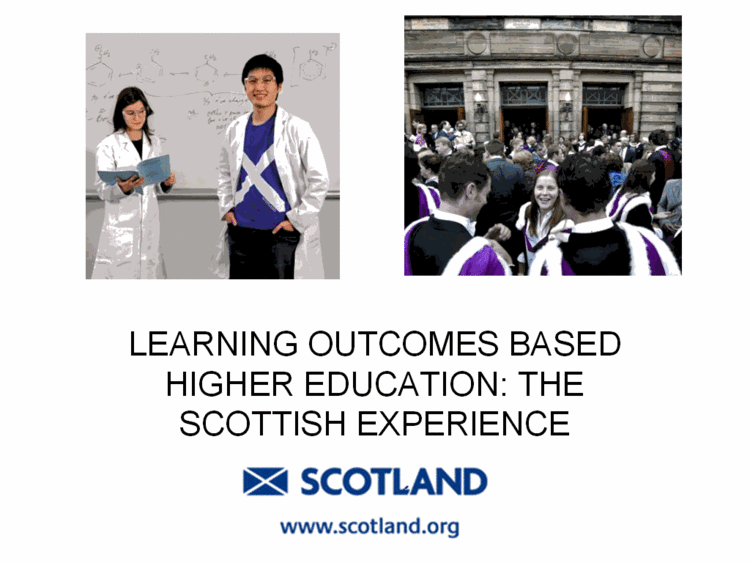Work programme of the Bologna Follow-Up Group 2007-2009
Universities and Lifelong Learning
Conference organised by the Slovenian EU Presidency, 10-11 March 2008, Brdo Congress Centre
Presentation
The purpose of the high-level Conference organised by the Ministry of Higher Education, Science and Technology under the Slovenian EU Council Presidency is to review different concepts of lifelong learning in the higher education sector, identify common ground, exchange good practices in the organisation and practical implementation of lifelong learning and identify points where lifelong learning meshes with the national qualifications framework.
Europe’s higher education sector faces challenges posed by demographic, structural and institutional changes, broader autonomy in all areas of activities and the requirements of the Lisbon Strategy, aimed at making the European economy a world leader. For some time individuals’ motivation for lifelong learning has been the driving force of economic progress, while personal growth and ever higher qualifications have been the basis of a successful career and life for an individual.
Higher education is slowly but surely being incorporated into lifelong learning, where it now plays an increasingly important role, alongside other regional partners. Research shows that understanding of the concept of lifelong learning differs widely across the higher education sector, leading to different strategic guidelines, different practical solutions and different ways in which lifelong learning programmes are organised, as well as differences in the recognition of non-formal knowledge and in the classification of qualifications according to different scales or frameworks.
The conference will be attended by representatives of EU Member States and the countries of the Western Balkans, officials from the ministries responsible for higher education and experts from higher education institutions. The invited guests include representatives of the European Commission and from EUCEN, EUA, ESU, ETUC and the OECD.
Source: Slovenian Presidencu of the EU 2008 website
Conclusions
Lifelong learning is an increasingly topical issue – it is one of the European Union’s priority guidelines and, as a foundation for establishing a knowledge-based society, also an integral part of the Lisbon strategy and the Bologna process. The conference entitled "Universities and Lifelong Learning" organised by the Slovenian Presidency featured presentations by some leading experts on lifelong learning. The conference was also attended by representatives of the EU Member States, the Western Balkans countries, higher education institutions, ministries, various international associations and networks, and student organisations.
The two-day conference was opened on 10 March 2008 with a welcome address from Mojca Kucler Dolinar, the Slovenian Minister for Higher Education, Science and Technology, who, among other things, noted: “When we speak about lifelong learning as a twenty-first-century educational approach, we often forget that lifelong learning is not a separate process conducted in parallel to formal education; lifelong learning must be acknowledged and incorporated into formal education. In this present-day age of rapidly-changing technologies and organisations, the individual's capacity to learn and to adapt to the needs of the environment in terms of new skills and knowledge is increasingly appreciated. The simple ability to learn is no longer enough,” she pointed out, mentioning, moreover, that the driving force behind the development of Europe are highly-educated, creative entrepreneurs.
The core message of the conference was that these knowledge and skills should be given the kind of public recognition which would further stimulate individuals to continue their education.
Participants at the conference also pointed out that demographic changes and the increased retirement age had changed the outmoded thinking that a person's learning career was over once they had completed their formal higher education. They agreed that higher education institutions should offer education and training programmes not only to the conventional student population but also to all the population groups and to the economic sector. These programmes should be officially recognised in the same way that formal education currently is.
The emphases and conclusions of the conference will be used in future as material for the EU Commission in drawing up documents and will also serve as a basis for debates during the French Presidency. They will also be discussed within the Bologna Process monitoring group.

